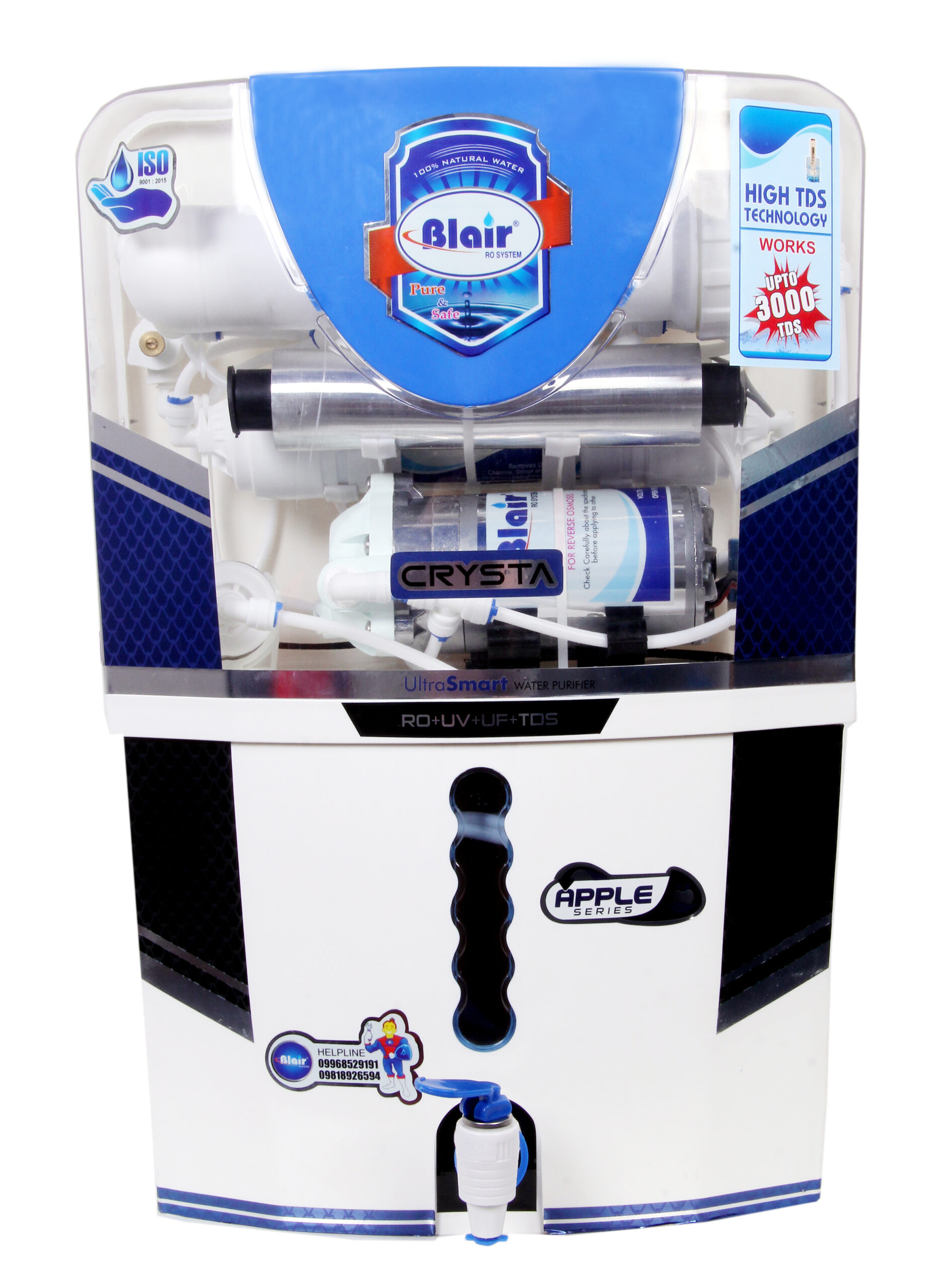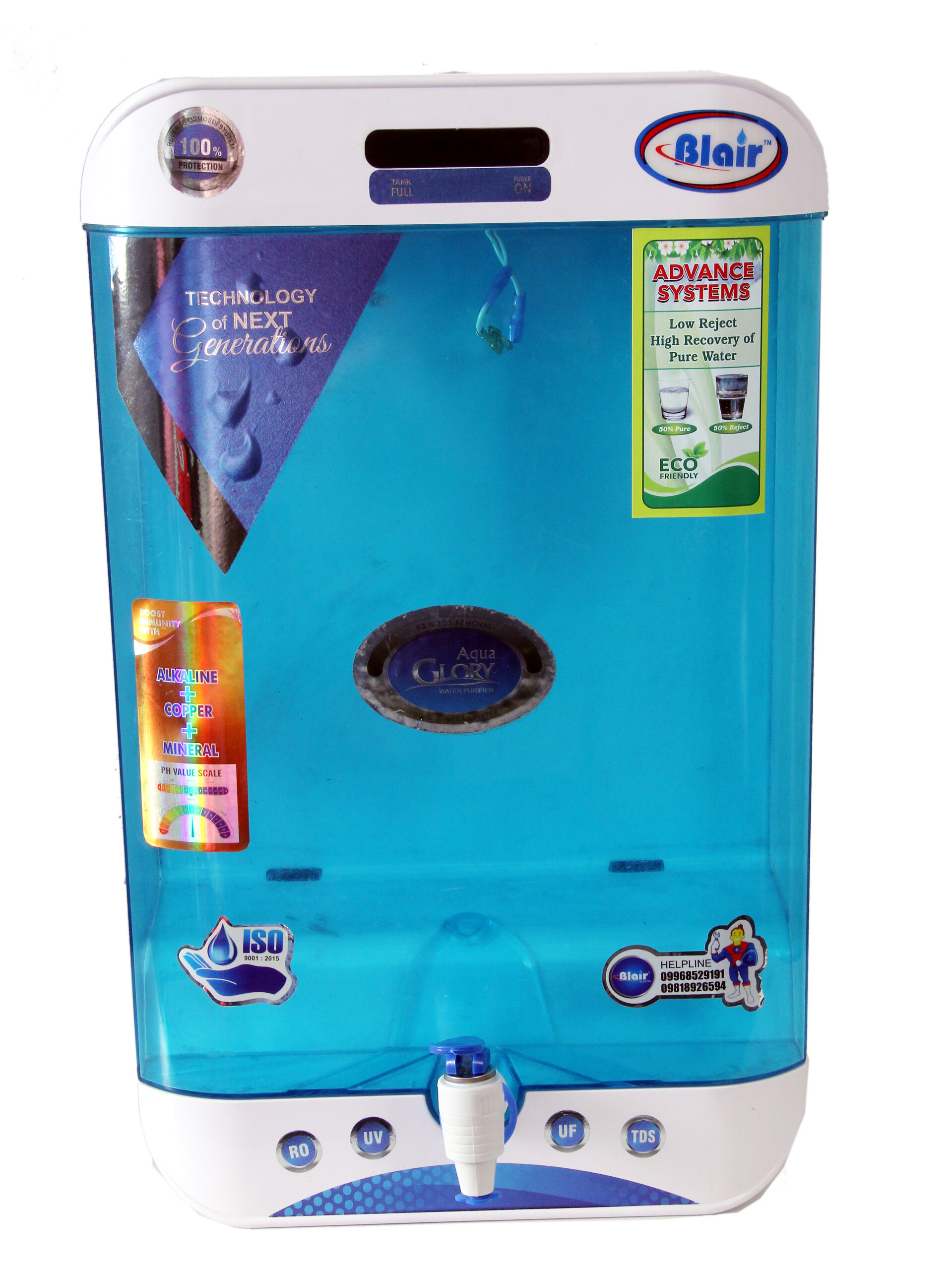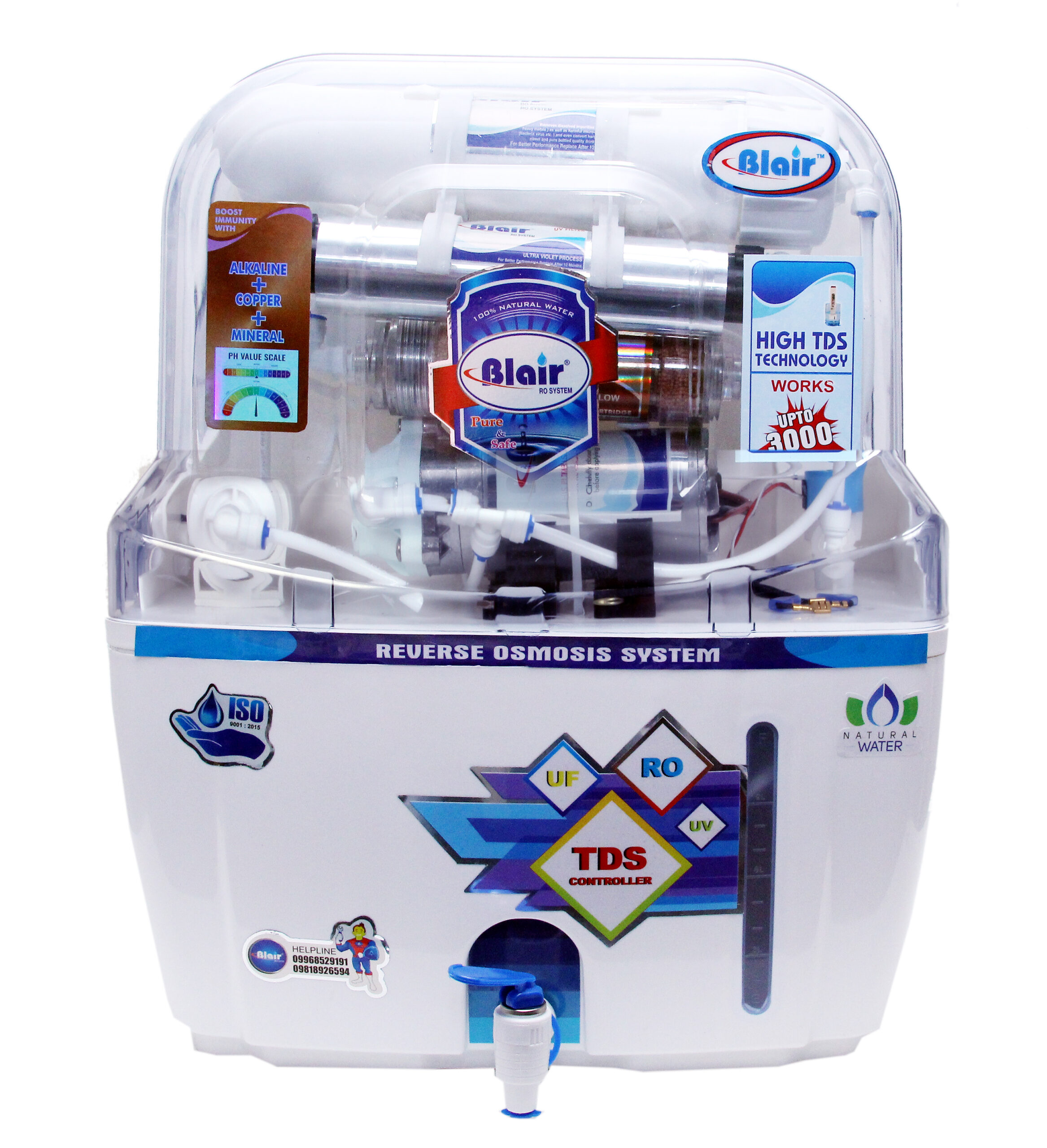Introduction
Debt can be a source of stress and anxiety for many people. Whether it’s student loans, credit card debt, or a mortgage, it can feel overwhelming to manage multiple payments and balances. However, with a few tips and strategies, you can take control of your debt and work towards improving your credit score. In this blog post, we’ll explore some effective ways to manage your debt and boost your credit score.
“Your credit score is a reflection of your financial reputation. Make sure you’re managing your debt wisely, so your reputation stays in good standing.”
– Jean Chatzky
Click here to check out some amazing Water Purifiers.
Here are the tips for Managing Debt and Improving Your Credit Score
- Create a Budget:
The first step to managing your debt is to create a budget. This will help you understand your expenses and income, and identify areas where you can cut back. Start by listing all of your monthly expenses, including rent/mortgage payments, utilities, groceries, transportation, and entertainment. Then, add up your monthly income from all sources. Subtract your expenses from your income to see how much money you have left each month. Use this information to create a budget that allows you to meet your financial obligations while also setting aside money for savings. - Prioritize Debt Repayment:
Once you have a budget in place, it’s time to prioritize debt repayment. Start by making a list of all of your debts, including the balance, interest rate, and minimum payment. Focus on paying off high-interest debts first, as these can be the most expensive over time. Consider using the debt snowball method, where you pay off your smallest debts first and then work your way up to the larger ones. This can provide a sense of accomplishment and motivation as you see progress.
- Negotiate with Creditors:
If you’re struggling to make your payments, don’t be afraid to reach out to your creditors. Many lenders are willing to work with you to set up a payment plan or reduce your interest rate. This can help make your debt more manageable and reduce the amount of interest you pay over time. - Monitor Your Credit Score:
Your credit score is an important factor in determining your eligibility for loans and credit cards. It’s important to monitor your score regularly and take steps to improve it. Start by checking your credit report for errors and disputing any inaccuracies. Then, focus on paying your bills on time and keeping your credit utilization low. You can also consider using a credit monitoring service to stay on top of any changes to your credit score. - Seek Professional Help:
If you’re feeling overwhelmed by your debt, consider seeking professional help. A financial advisor or credit counselor can provide guidance and support as you work to improve your financial situation. They can also help you develop a personalized plan for managing your debt and improving your credit score.
Conclusion
Managing debt and improving your credit score can feel like an uphill battle, but with the right strategies in place, it’s possible to take control of your finances. Start by creating a budget, prioritizing debt repayment, negotiating with creditors, monitoring your credit score, and seeking professional help if needed. By taking these steps, you can work towards a brighter financial future and achieve your goals.
Click here to check out some amazing Water Purifiers.






















